MO Book Review: The Unseen Walls
The Unseen Walls: Overland Solo Across Africa on a Motorbike
by Christian Brix
It looks like a lot of fun when you watch Ewan and Charley set out on an epic motorcycle adventure, but well-funded expeditions with camera crews and large budgets are more the exception than the rule. Far more common is the lone introvert struggling with internal demons, or sometimes an external demon in the form of an ex-mate or someone who needs escaping from. Christian Brix isn’t really either of those. When he found himself with the means and leisure to set out across Africa, the 30-year old Englishman (who lived in the US until he was ten) even met a nice girl just before he left, who flew in to meet him for a couple of badly needed nice holidays en route.
Anyway, it’s mostly the loners who come up with the most interesting books. Looking at you, Ted Simon. Brix’s mother was a flight attendant, which meant he was already a traveller. But it was stumbling upon Jupiter’s Travels in a London bookstore that got him on his first motorcycle. Soon after, he was travelling all over Europe by bike. Then another book – the classic Heart of Darkness – made him decide Africa was where he needed to go to learn about the world he hadn’t already seen.
Describing himself as a “happy nihilist,” his book “is about running from the ills of the Western world, unintentionally and unfortunately heading into the bigger ills of the Third World. Then trying to navigate back out of them.” In the dedication, there’s, “The grass is always greener where the dogs are shitting,” which kind of lets you know what you’re in for. We’re not just in it for the Instagram posts. Think An Idiot Abroad, but an idiot wouldn’t be able to even begin this trip much less survive it.
A bit of a list-maker and a planner, Brix takes a while to settle on a Yamaha XTZ660 – a simple, lightweight dual-sport thumper – and then a lot more research goes into outfitting it, and packing and unpacking (a soothing activity that reoccurs frequently along the way).
Once across Gibraltar and into Morocco, it’s game on, a never-ending parade of petty-bureaucrat border crossings, large insects, way more attention from the natives than Brix is psychologically equipped to deal with. And always, changing road conditions that he’s not quite cycle-logically equipped to deal with as a guy who didn’t start to ride until later in life, and not much of that off-road.
But he always manages to climb back on and keep going, often times with the help of natives who seem to magically appear in the middle of nowhere to help him get the heavily laden Yamaha back upright – a phenomenon he juxtaposes with what he at first sees as the apparent apathetic helplessness of so many Africans he encounters along the way.
Skirting the fringes of Saint Louis, Senegal: There is filthy standing water everywhere, like the river has flooded or it rains a lot. There are no drains, so the sewage and the river water are one. The smells go from burning rubbish to sewage, rotting flesh and back to burning rubbish… In the river children play, where ten feet from them a man is taking a piss in the river. Another ten feet on, a woman is doing her washing. Another ten feet on there is a dead bloated cow rotting away, swollen in the sun and crawling with maggots. Ten feet further and another group of children is playing. This pattern repeats with small variations for over a mile.
After a few days of this kind of thing: Just like the liver processes units of alcohol, the brain needs to process disturbing things. My mind nearly shuts down by the time I reach Dakar, sick with some kind of mind poisoning from all I have seen on this stretch of the trip.
Speaking of poisoning, finding healthy food and clean water is a job in itself: No sinks, no soap, no utensils, no washing – the grill rack is simply cleaned by the fire… The food is served right on the table by the waiter’s hand… The table is only ever cleaned by a broom going over it, and rain. No napkin, no plate.
Staying in posh tourist hotels is no good either: On leaving, I’m reminded once again of where I am. A have, surrounded by a big wall to keep out the have-nots. We play in the pool; they play in the river full of sewage and pollution. We relax with all the modern amenities; they don’t even have windows on their dwellings, let alone running water. We feast while they starve.
Well, all Africa is not alike. It’s 54 countries and nearly a billion people, and there are plenty of pleasant interludes in the less uncivilized parts, and thousands of miles of natural beauty to offset the poverty. It’s the time off the bike that’s hard. On it, we have a lot of fun:
Out there on the road, I feel like I am chasing the demons now. I’m doing it with raw spirit, harassing them back and it feels righteous. It’s vengeance time… a new drug high of which I just want more and more. The bullied becomes the bully. It’s not about the countries and the cultures. Rightly or wrongly, there is not a lot of culture here, to me anyways. There is not a lot of culture in me either. The joy is what it always has been – the simple act of just riding the bike hard. Childish, simple and pure. There is nothing better than belting out huge, great distances. What is it today? Road, gravel, sand, mud, desert, mountains, hills, rain, sun, fog – all of these? Let’s fucking have it! Throw it at me!
We do get a few episodes where wild animals are encountered on the bike, but most of the time they’re all off in parks, which mostly can only be reached as part of a tour in a rickety vehicle for a hefty sum – none of which, the author observes, seems to go toward park facilities or roads.
In Tanzania, Brix decides to skip Serengeti ($250) and visits Ngorongoro Crater instead (also $250), which is on the way to Serengeti and worth the price since it’s packed with all the wild animals you’d expect, including 40 hippos bathing in a big natural pool that “smells like a sewer.”
He feigns shock that the Crater View Hotel has no view of the crater, and it doesn’t offer much in the way of a peaceful night’s sleep either. He wakes up at 3 am, too hot to sleep, to the typical sounds of loud music, crashing bangs, and screams in the night:
It’s the literal heart of darkness as engines come to life and die. No street lights, no one knows who anyone is in the dark. It’s not `like’ anarchy – it is anarchy…. The shouting comes and goes. In my mind a group of angry bandits surround Glory [his XTZ] and start to remove her parts, then set her on fire. I rush to the window and she is there, covered and locked as I left her. No one is even in the parking lot…. I have no doubt I am seeing the unseen wall of this cruel universe.
In the end, it’s a rollicking long-distance motorcycle ride, but just like the best of the genre, this book is even more a sober contemplation of human nature, human motivation, and how wildly disparate parts of the world work or don’t. Throughout, Brix tries to be very carefully open-minded as he attempts to sort through how economics, history, and who-knows-what shape people and their cultures; it’s all interesting to contemplate as the western world’s struggle between big government and no government rages on, especially with a nice glass of wine in a comfy chair with the AC at 77.
Six months and 18,000 miles later, one big takeaway is that however shallow, possibly pointless, and sometimes chaotic our western civilization might seem, there are places on the planet to measure them against that seem to take those qualities to levels you couldn’t possibly comprehend without going there. Places that make you very happy to be home again even if you’re not by nature particularly happy anywhere.
I mean, they quit going from Paris to Dakar after 2007 because Mauritania was too dangerous for guys who ride Paris-Dakar. As I’m pretty sure I’m not going to be touring the Dark Continent anytime soon (unless it’s part of a luxe BMW intro), I really enjoyed riding along with Brix. And learned a few things I never picked up on in any of the big-budget travel video extravaganzas.
It must not have been too bad a trip: After a short pause, Christian kept going another 12,000 miles across Asia. I haven’t read East to Zero yet, but “a forthright and meaningful journey into the meaninglessness of life” is right up my alley; Christian says it’s better than his first work.
Available in print or Kindle.
- Publication date : December 12, 2018
- Language : English
- File size : 3758 KB
- Text-to-Speech : Enabled
- Screen Reader : Supported
- Enhanced typesetting : Enabled
- X-Ray : Not Enabled
- Word Wise : Enabled
- Print length : 256 pages
- Page numbers source ISBN : 1916200931
We are committed to finding, researching, and recommending the best products. We earn commissions from purchases you make using the retail links in our product reviews. Learn more about how this works.
Become a Motorcycle.com insider. Get the latest motorcycle news first by subscribing to our newsletter here.
More by John Burns



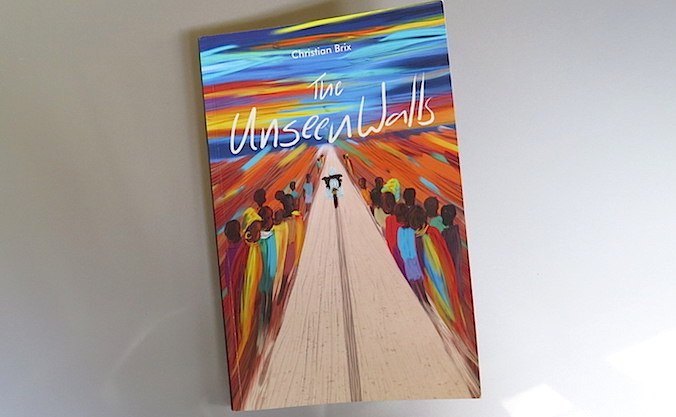
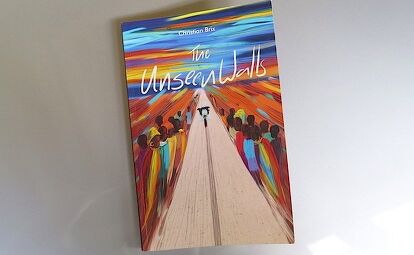



















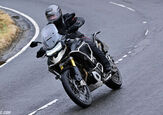
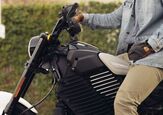
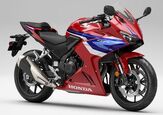
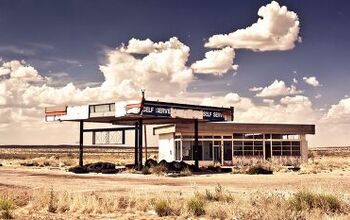
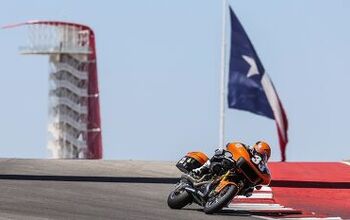
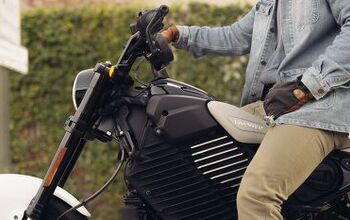


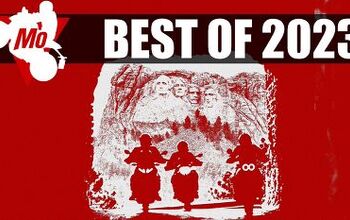
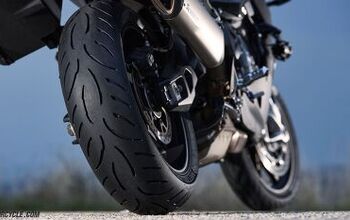

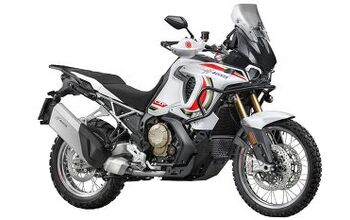
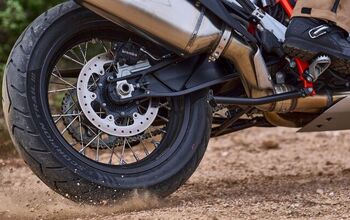

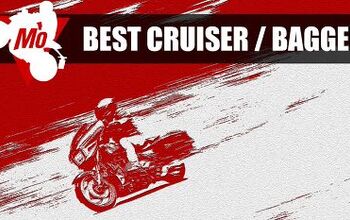

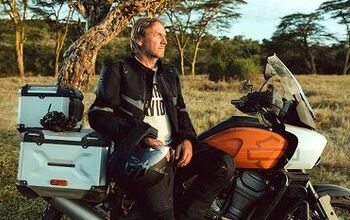
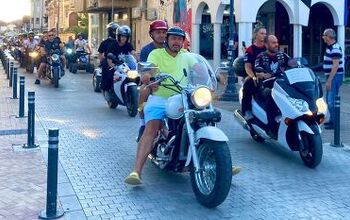

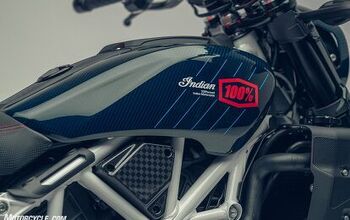
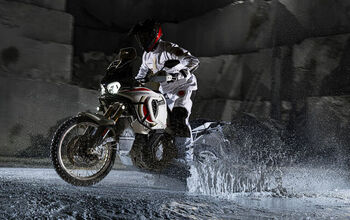
Comments
Join the conversation
I'm about halfway through the book and I find it enjoyable. The author seemed very depressed at first about the poverty he was witnessing. After many more miles and contemplation he realized that in spite of the apparent poverty the locals still managed to enjoy life and find fun in the process. A good lesson for us all.
Unfortunately my copy starts on page 15 - anybody fancy sending me screenshots of the earlier pages? thanks Simon. simonburgessorg@gmail.com